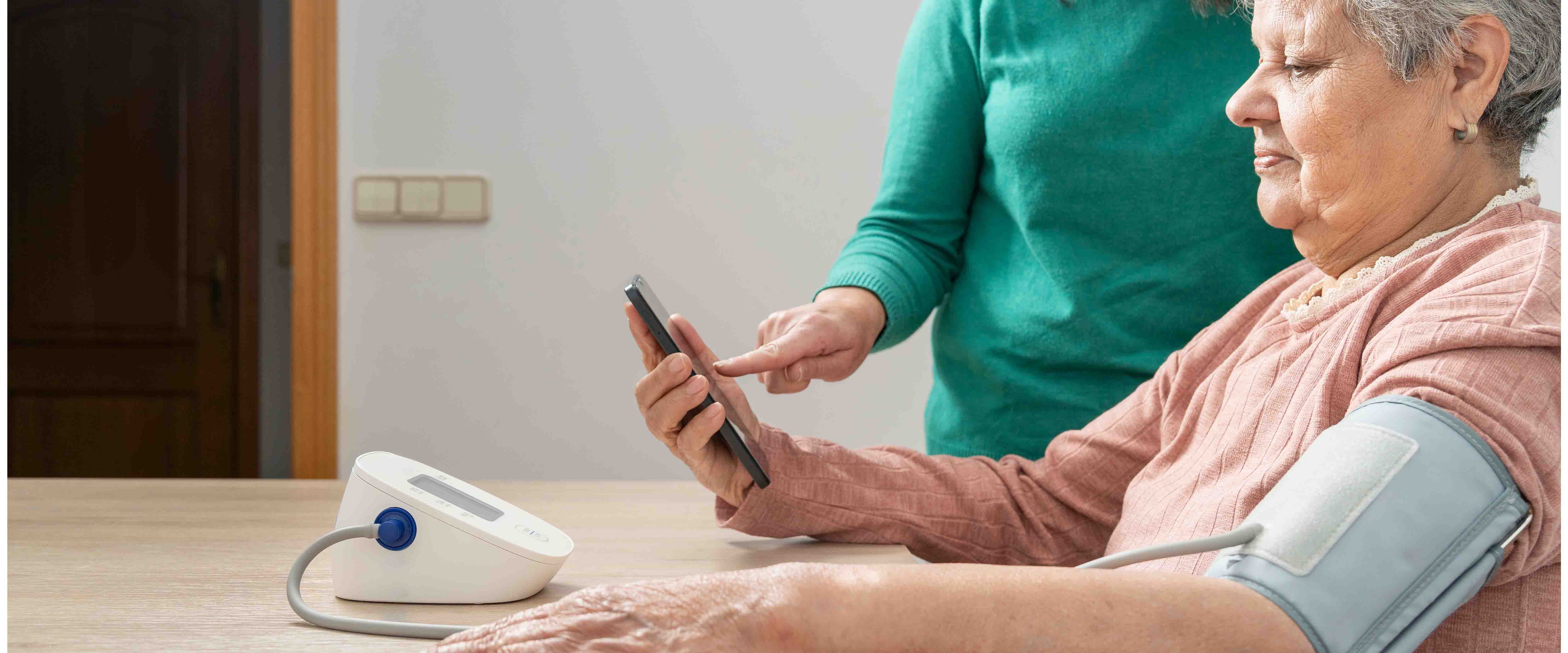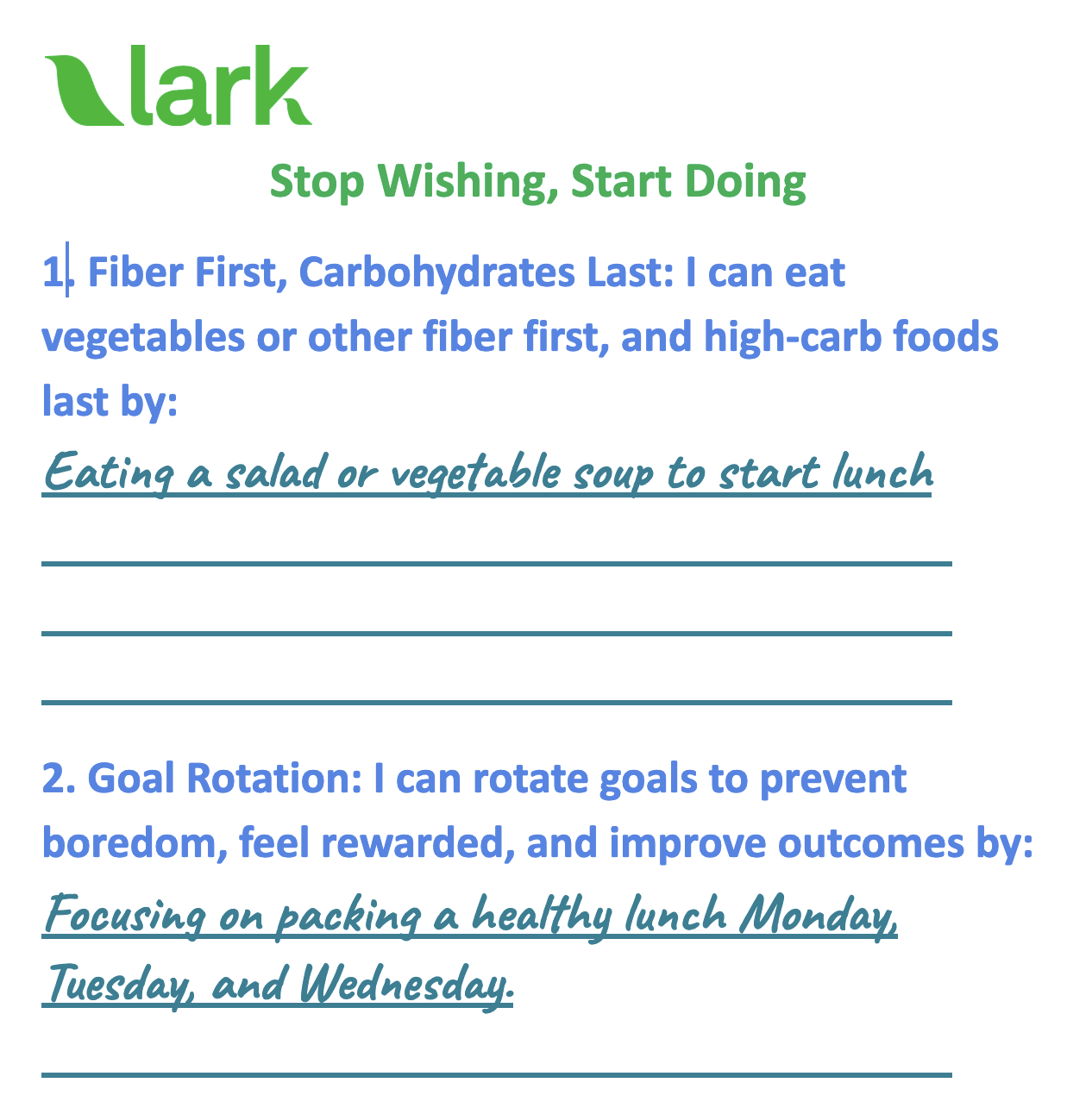Blood sugar control is the name of the game when it comes to managing diabetes, but what happens when you start getting unexpectedly high blood glucose values in the morning? High morning blood sugar can be an indication that something is not quite right with your blood glucose management program. Once you figure out the cause, you and your doctor can work together to figure out what to do about it to get your blood glucose numbers right back on track.
What Is High Morning Blood Sugar?
The morning blood sugar, or blood glucose, value refers to the measurement you might take when you wake up in the morning and are still fasting. That is, your last meal or snack was last night, and you have not yet eaten breakfast.
The American Diabetes Association states that the blood glucose value for most people with diabetes is 80 to 130 mg/dl when you test before a meal. Your doctor can tell you your target if you are not sure. Anything over 130 mg/dl, or whatever maximum value your doctor tells you, is high morning blood sugar, or morning hyperglycemia.
Causes of High Morning Blood Sugar
Knowing the cause of high morning blood sugar can help you understand what is happening and give you some clues about what you should do about it.
1: Dawn Phenomenon
The dawn phenomenon can happen among people with diabetes due to the natural pre-dawn rise of counter-regulatory hormones, according to Mayo Clinic. These are the hormones that "counter" the effects of insulin by raising blood sugar. Glucagon, cortisol, growth hormone, and epinephrine, or adrenaline, are counter-regulatory hormones.
High blood sugar may be linked to the dawn phenomenon if you check your blood sugar between 2 and 3 a.m. for a few nights and it is normal. According to research published in Pubmed, if your blood sugar is low in the middle of the night before being high in the morning, you may be experiencing a different condition called the Somogyi effect.
2: Rebound Effect
The rebound effect occurs when low blood sugar overnight "rebounds" and the high blood sugar that you detect in the morning is the result of your body compensating for that drop by increasing blood glucose levels. Counter-intuitively, it is often linked to causes of high blood glucose, such as too many carbs late at night, physical inactivity, or not enough insulin.
High blood sugar may be linked to the rebound effect if you check your blood sugar between 2 and 3 a.m. for a few nights and it is low, or within a hypoglycemic range.
3: Not Enough Medication
Most people with diabetes are on medications to lower blood glucose. It only makes sense to take a look at blood glucose-lowering medications, such as insulin, metformin, and others, if you see high values in the morning.
High blood sugar may be linked to not enough medication if you check your blood sugar between 2 and 3 a.m. for a few nights and it is high, and you did not have a high-carb dinner or late snack. According to research published in Diabetes Care, it may require insulin rather than just oral mediations to treat the dawn phenomenon.
4: Late Dinner or Bedtime Snack with Carbs
Carbohydrates raise blood glucose levels. A high amount of carbohydrates, especially eaten late at night, can lead to morning hyperglycemia. Carbohydrates are in bread, pasta, rice, potatoes, sweets, fruit, and many other foods, as Harvard School of Public Health explains. Having multiple servings at a meal or late-night snack can lead to sustained high blood glucose through the night and into the morning, especially if digestion is slow.
High blood sugar may be linked to a late dinner or a bedtime snack with carbs if you check your blood sugar between 2 and 3 a.m. for a few nights and it is within range, but a little higher than normal, or if it is high and out of range.
What Can You Do About High Morning Blood Sugar?
What to do about high morning blood sugar levels depends on how often you see them and what the causes are. It is important to take steps to address high blood glucose because consistently high morning values can indicate increasing A1C values and a higher risk for diabetes complications.
These are some possible strategies for getting high morning blood pressure into range.
- Increasing physical activity, including in the late afternoon or evening.
- Limiting the carbs you have at dinner or bedtime to 30 to 45 grams, such as 2 slices of bread, a piece of fruit and 1/2 cup of oatmeal, or a cup of pasta.
- Adjusting the timing and/or dose of insulin or other medications.
- Changing medications.
Your doctor can help you decide how to approach high morning blood glucose values. It is never safe to change medications without asking your doctor.
How Lark Can Help
Lark Diabetes can provide additional support for lowering high morning blood sugar and keeping blood sugar levels within target ranges the rest of the time. The personalized coaching program includes medication reminders and tracking for blood glucose measurements so you can check your history and see how you have been doing with your blood glucose in the morning and at other times of the day.
Lark assists with weight loss coaching, healthy eating to lower blood sugar, and increasing physical activity with tips, logging, and in-the-moment insights to build healthy habits that are just as important for managing diabetes as taking your meds. You can chat with your Lark coach anytime via your smartphone.
High morning blood sugar can come as a surprise if you think you are doing everything right for your diabetes, but it can be a sign that there is room for improvement. With a little troubleshooting, and some help from your doctor, you may be able to lower morning blood glucose and get blood sugar in check the rest of the day, too. Lark for Diabetes can support your efforts to develop healthy habits that keep blood glucose under control for good.



.jpg)








.webp)







-images-0.jpg)